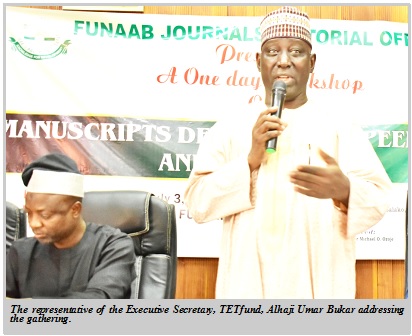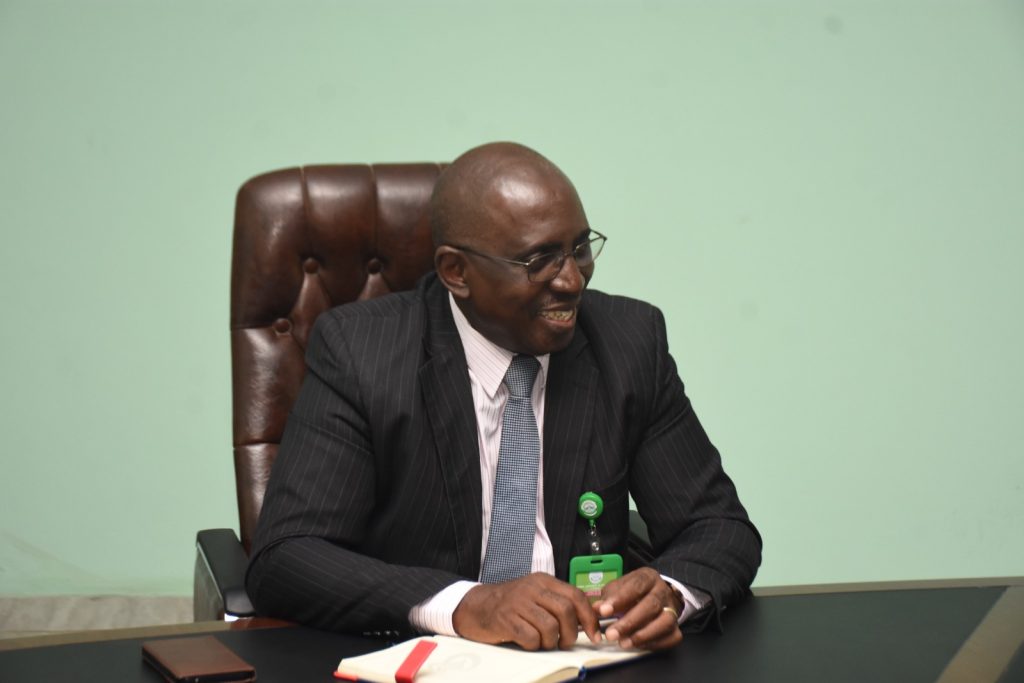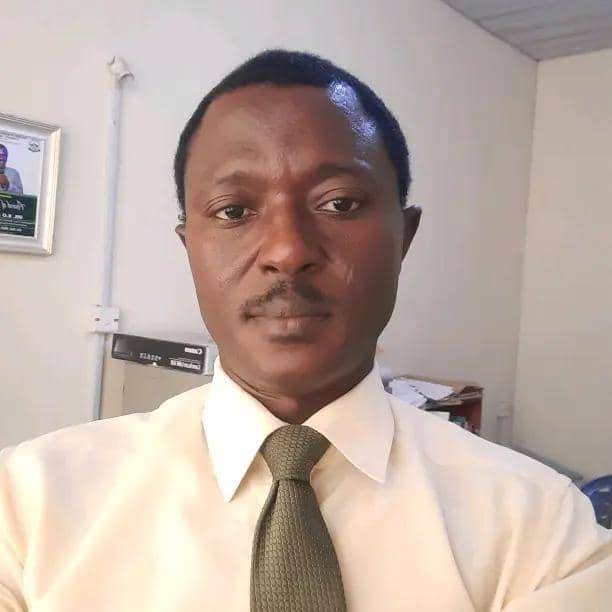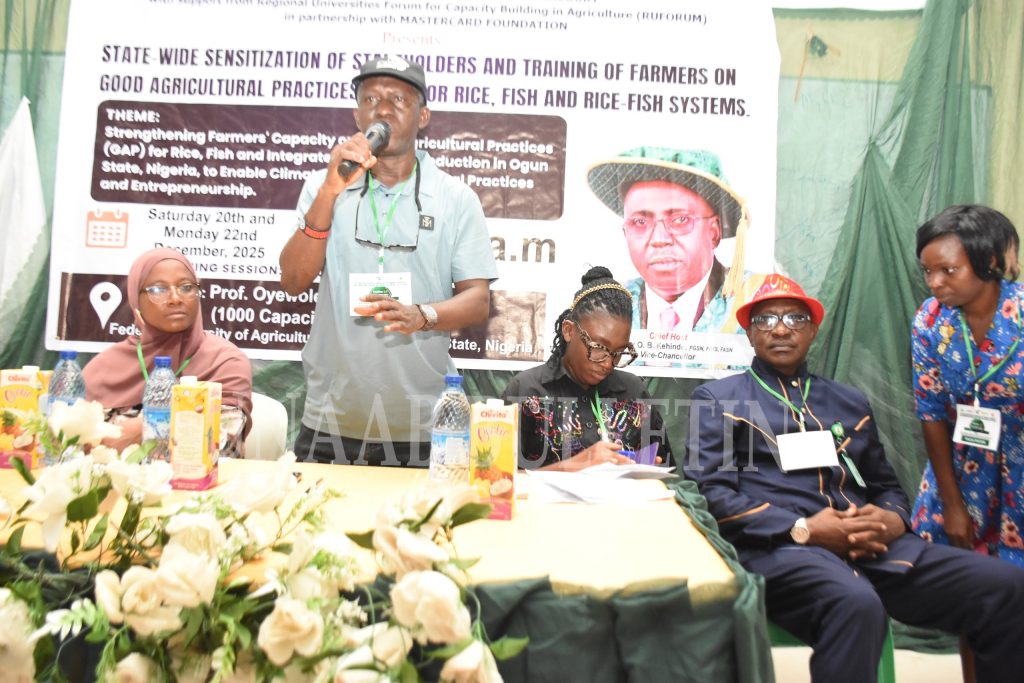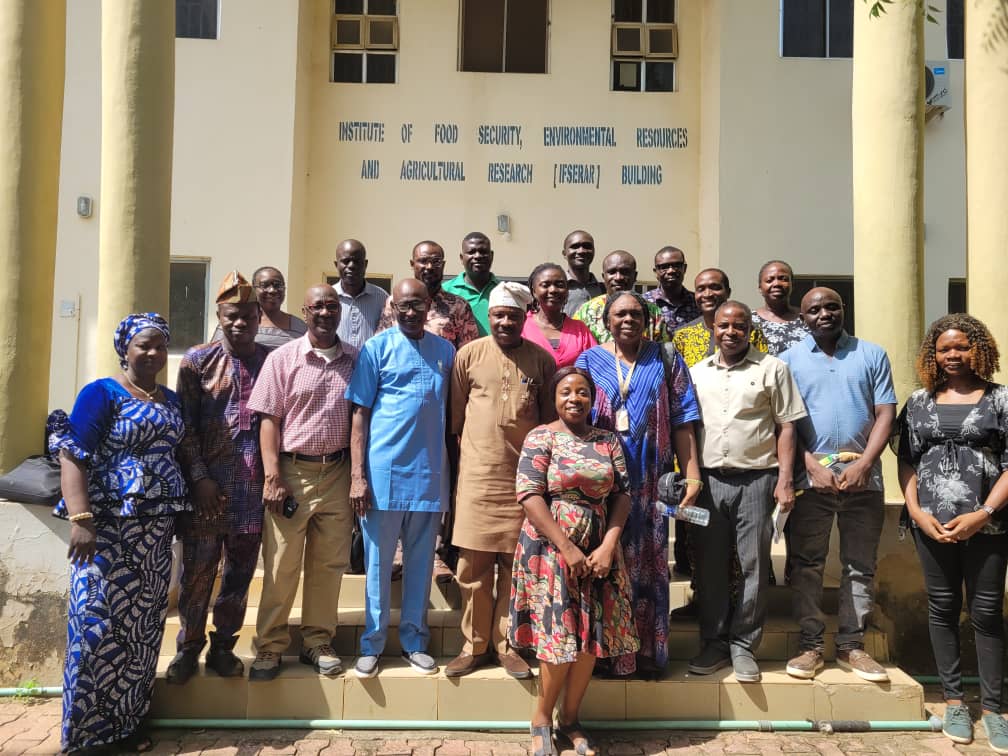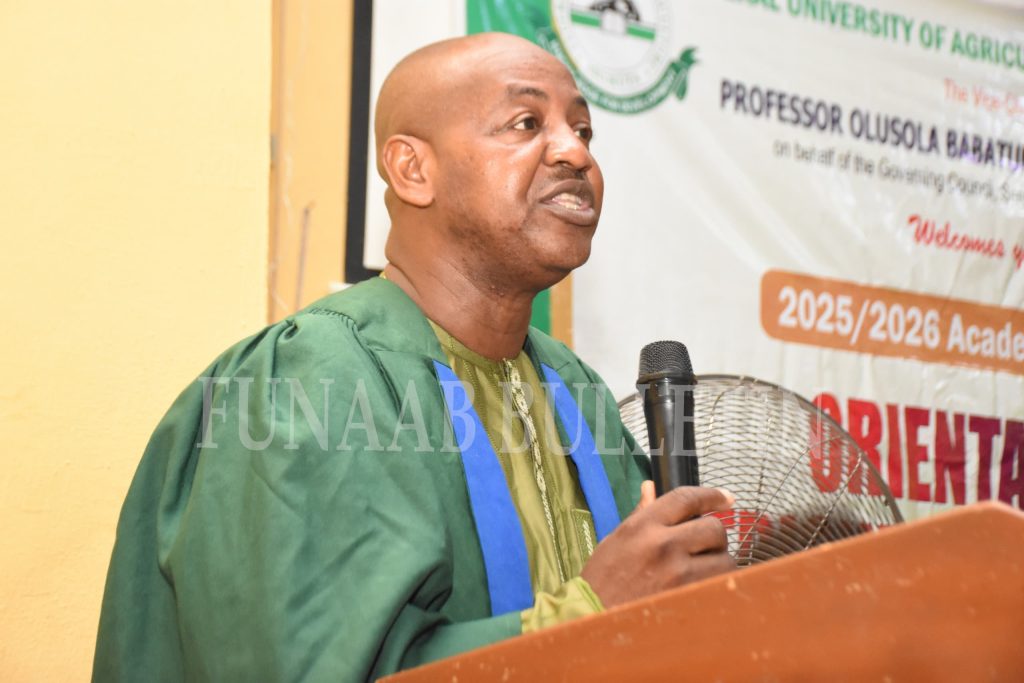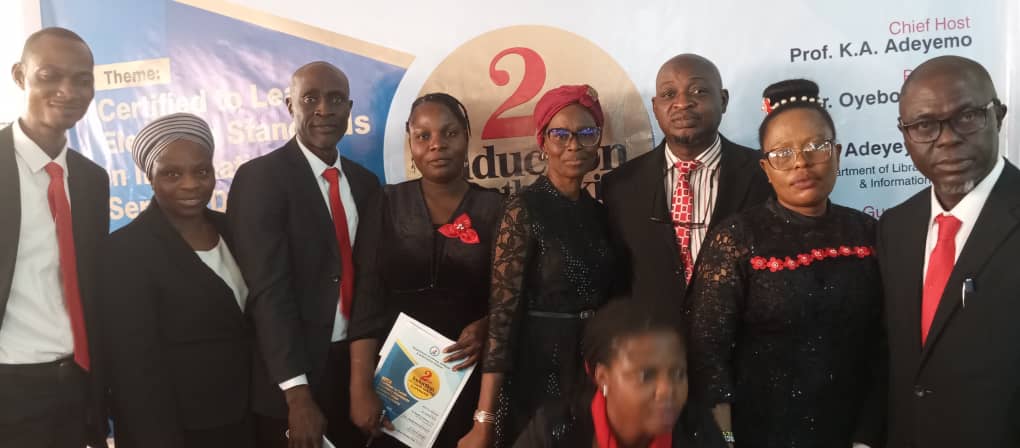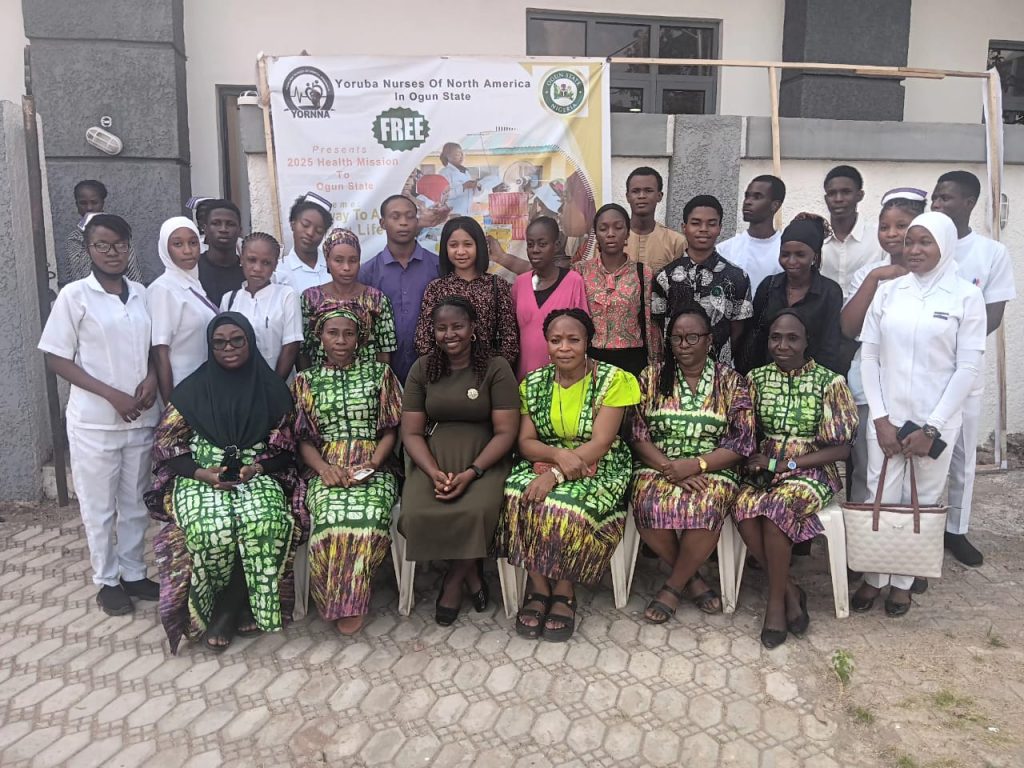Last Updated on October 31, 2019 by
The Executive Secretary, Tertiary Education Trust Fund (TETfund), Professor Suleiman Bogoro has encouraged Researchers in the University to access the research and publication funds available at TETFund by submitting quality research proposals.
Giving the charge during the Manuscript Development, Peer Review and Critiquing Workshop, organized by the University’s Journals Editorial office, the Executive Secretary (ES) who was represented by the Director, Research and Development, TETfund, Alhaji Umar Bukar disclosed that TETfund is gradually moving its focus from physical infrastructures to research content.
He expressed satisfaction with the Workshop being organized and commended the University for always performing excellently and adhering to the guidelines of TETfund, stating that funding of Research and Publications is one of it five core mandates which researchers can also benefit from.
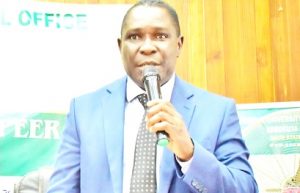
According to him, “I am happy to see that today we are witnessing one of the core mandates of TETfund. In recent times, what we have always told colleagues in the University is that TETfund is now moving gradually from focusing more on physical infrastructures to content, we have had enough of buildings over the years”.
Emphasising the importance of content, the ES TETfund said, “content is as important if not more important than physical infrastructure because without the lecturers, no matter what you put in place you can’t carry out research and so TETfund is now giving more emphasis within the boundary of its mandate to content development. They have been there but they are getting more funding and emphasis”.
Professor Bogoro who revealed that a sum of 5 billion naira is available to be accessed by researchers explained that “it is the quality of your research proposal which you submit that will be vetted by a committee. The committee membership is 100% your colleagues and professors. They will be the ones to screen and vet your proposal and recommend to the board of trustees the proposals that have met the requirements. The board approves and money will be released to you”.
Responding, the Vice Chancellor, Professor Kolawole Salako who was represented by the Deputy Vice-Chancellor, Development, Professor Lateef Sanni thanked TETfund for always providing the University with opportunities and the needed support whenever requests are made.
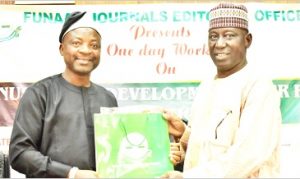
He revealed that the University had over time handled multimillion dollar projects including the Bill and Melinda Gates Foundation project worth almost 18.8 million dollars, European Union projects on Gratitude, Gains and Losses of Cassava and Yam in African, Caribbean and pacific region, the Centre of Excellence project, among others.
The Vice-Chancellor stressed that with the University’s vast experiences and training facilities for value addition, it should be purposefully selected as a great University for technological development as that was part of the cutting edge research that the 5 billion will assist the University to accomplish.
According to him, “I know that in UK what they do also is look at asset-based Universities and enhance their capabilities more to be able to leverage that opportunities for other institutions, it will be very important that you see what we have and engage us to encourage us more”.
Speaking on the University’s effort to scale up the excellence of its journals, Professor Salako said, “in the nearest future we want to be cited as one of the high impact journals in the world, we have more or less modified the promotion criteria that will start in 2 years’ time that all journal articles must be listed in Scopus or any other platform”.
The Vice-Chancellor stated that the implication of this is that “content development will have to be paired with our colleagues in the world and that is what we are trying to do and we are ready to learn and be coached”.
Earlier in his Welcome Address, the Editor-in-Chief, FUNAAB Journals’ Editorial Office, Professor Michael Ozoje disclosed that the Workshop which was held at the prompting of TETFund aims at enlightening researchers and reviewers on best practices with regards to manuscript development, editing and peer reviewing.
He added that information on the next phase of communication which is electronic manuscript publication will also be provided.

